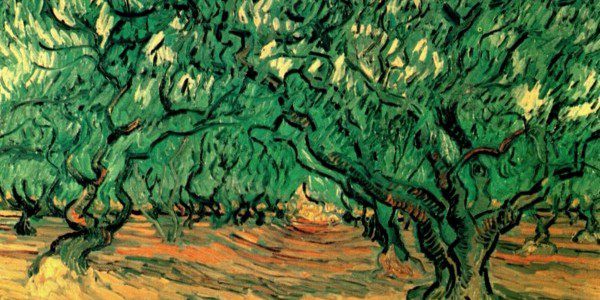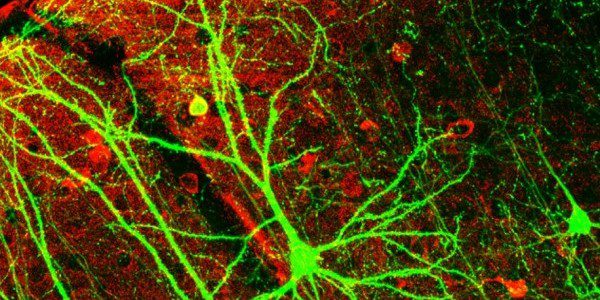When the Ashley Madison hack happened, one of the first articles I read about it predicted that some people who had been exposed in the leak would attempt or complete suicide. We have already heard reports that confirm this prediction.

Today it has been announced that John Gibson, a pastor and Southern Baptist seminary professor (New Orleans Baptist Seminary), took his own life after having been exposed by the hack.
CNN reports that his wife, Christi, discovered his body as well as a suicide note. Describing the note, she said this:
He talked about depression. He talked about having his name on there, and he said he was just very, very sorry,” Christi said. “What we know about him is that he poured his life into other people, and he offered grace and mercy and forgiveness to everyone else, but somehow he couldn’t extend that to himself.
Just earlier this morning I published a blog post on shame: What do you do if you find yourself in the middle of a shame storm?
I reflected there on an excellent book by Curt Thompson, The Soul of Shame: Retelling the Stories We Believe About Ourselves.
An experienced psychiatrist, Thompson offers a deep look into the mechanics of shame and the ways that it disrupts the wholeness of our being. Shame can have a crippling effect on our psyches as well as a debilitating effect on our relationships; both our relationship with our selves (that is, internally) and our relationships with others.
The natural response to the emotion of shame (as a consequence of having done something we feel or know we shouldn’t have) is…well…more shaming. So we spiral down into deeper and deeper darkness. It can be very difficult to recover and can take a lot of work. We have to rebuild our minds by attending to the whole of reality. We have to replace the story we are telling ourselves (that we are failures, that we can’t forgive ourselves, that no one will accept us, and so on) with a better and truer story. But this also means being vulnerable to ourselves and to others. It means facing in to the source of shame.
Unfortunately, while Christianity should be known as a religion grounded on and focused on grace, forgiveness, acceptance, and vulnerability, it is often fertile soil for shame and for shaming. And vocational ministers are probably often the most susceptible, as they are often held to a higher standard. This can make the prospects of being truly vulnerable about their weaknesses–even the predictable and natural fallibility of their humanity–very dim.
But in the storm of shame, it is difficult to see past a single mistake, or a single flaw, or to see beyond the darkness of the present moment into a better future.
The article about Gibson’s tragic suicide mentions this: “Since his death, his family has made a pact to be more transparent with one another about their struggles.”
That’s no doubt a healthy and courageous response in the midst of a very sad tragedy.











